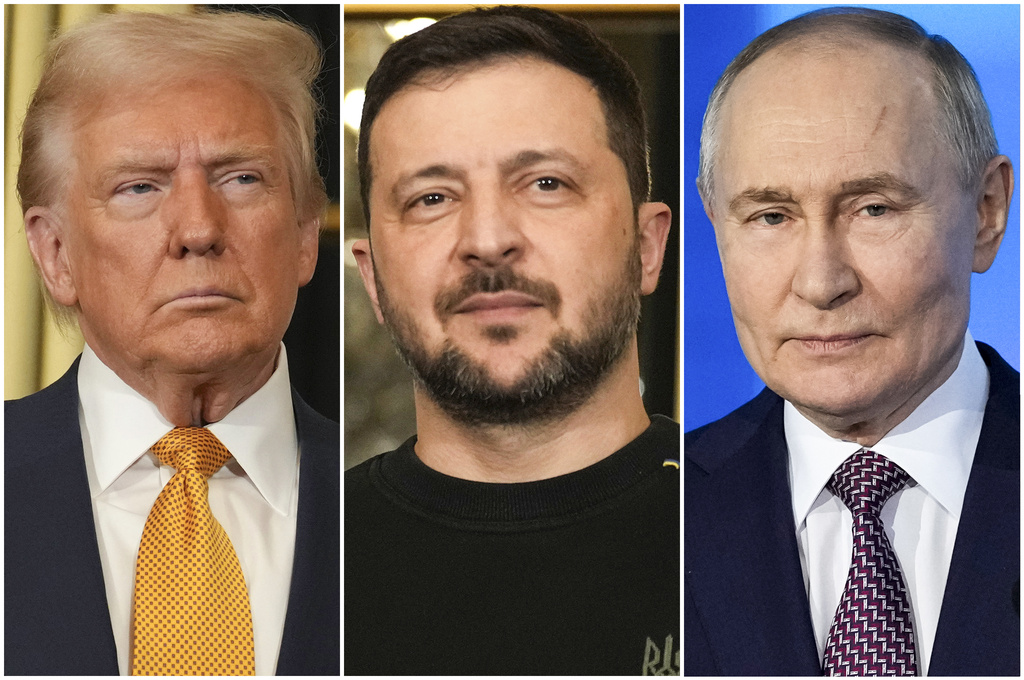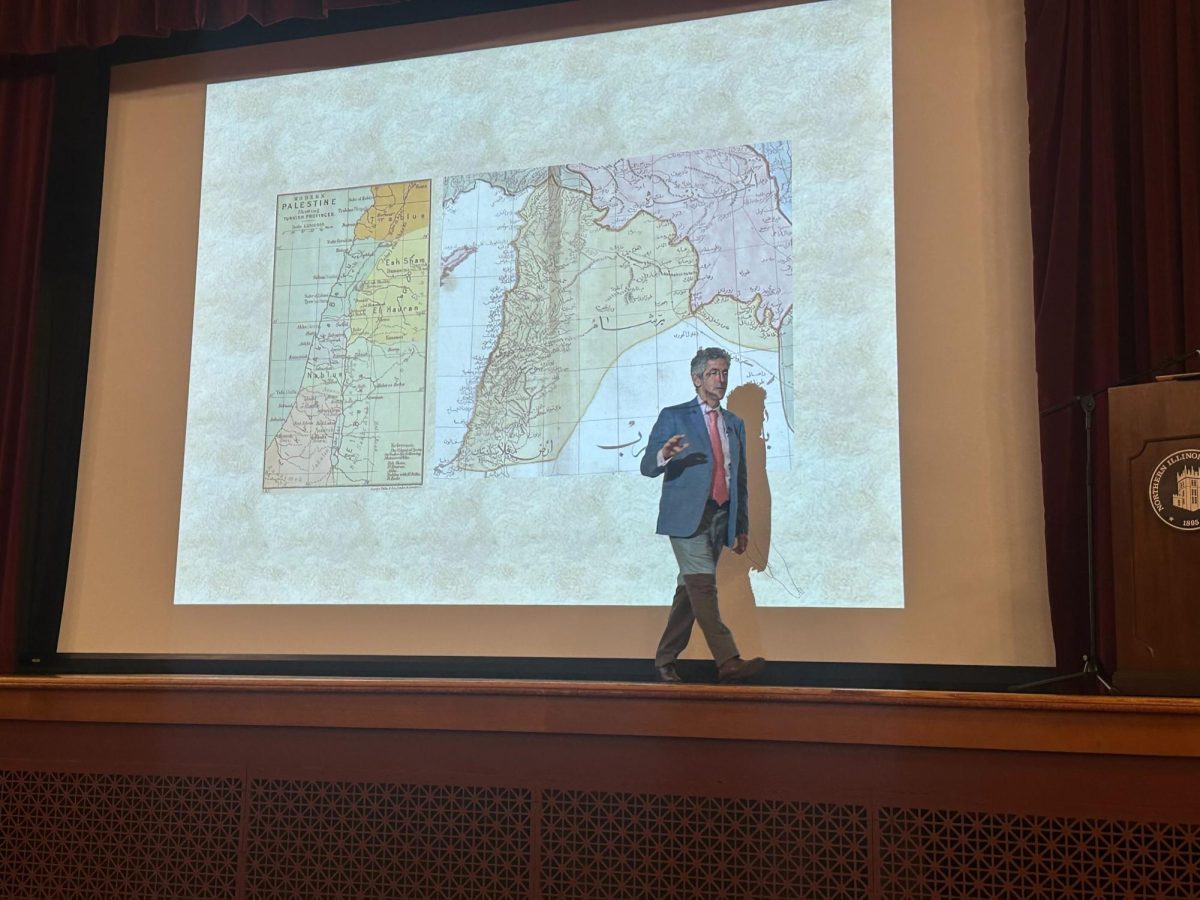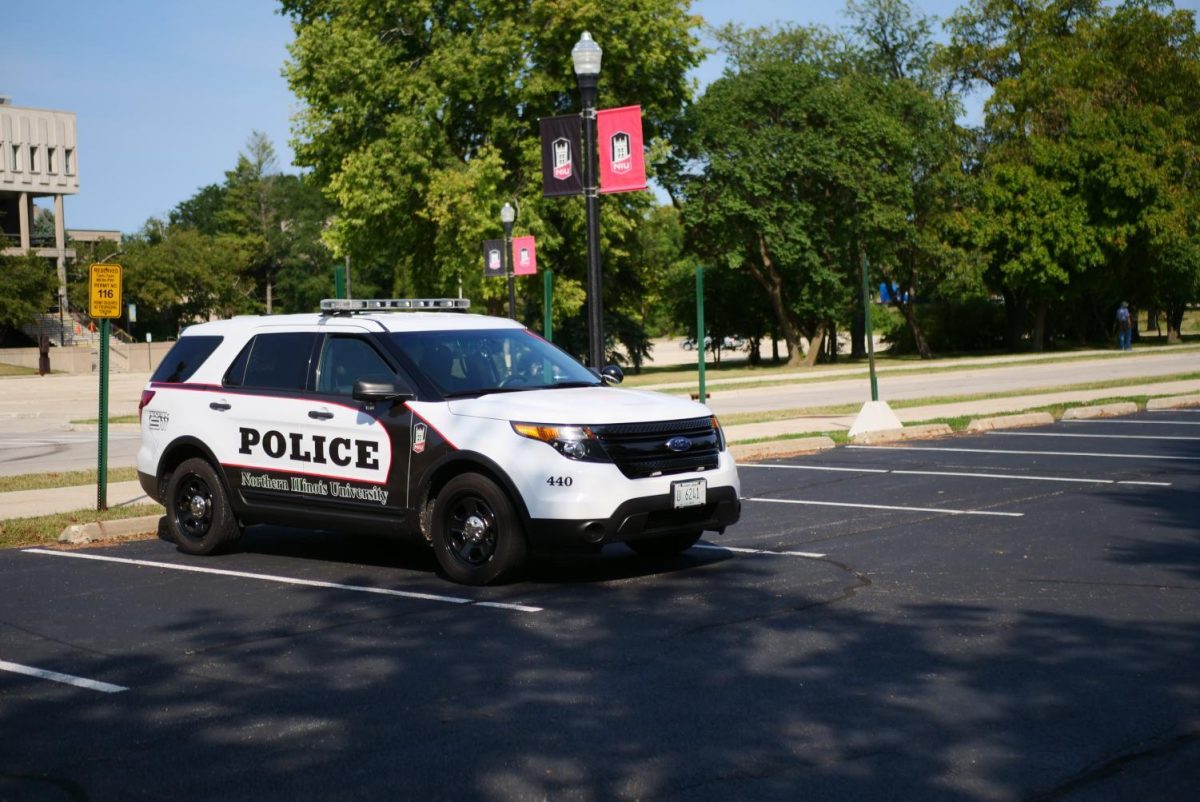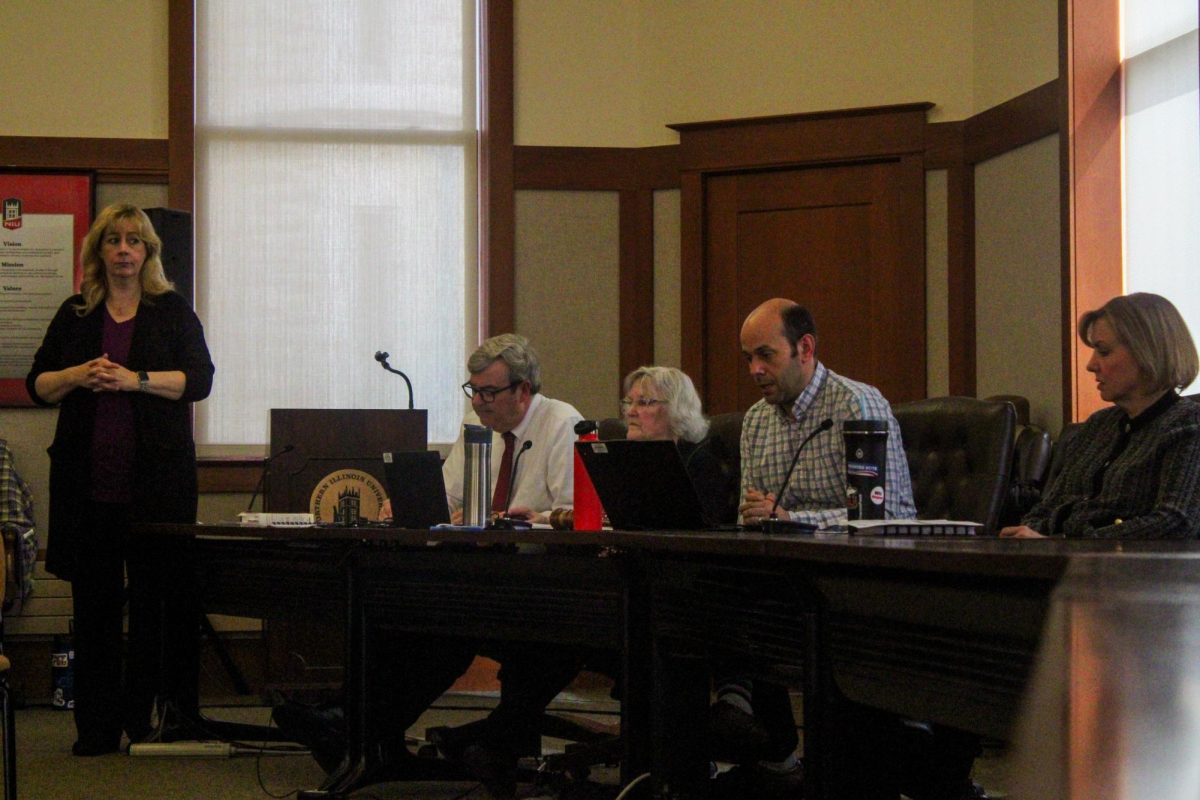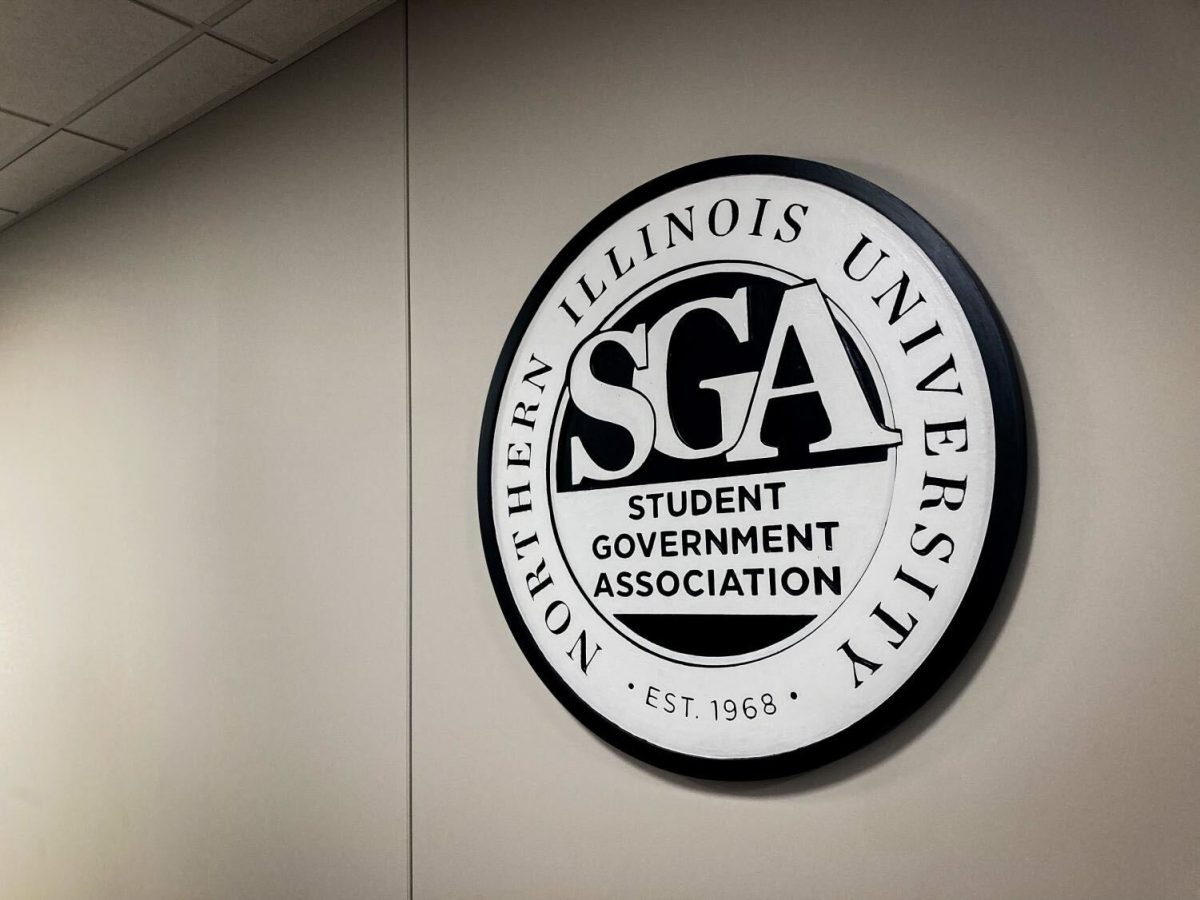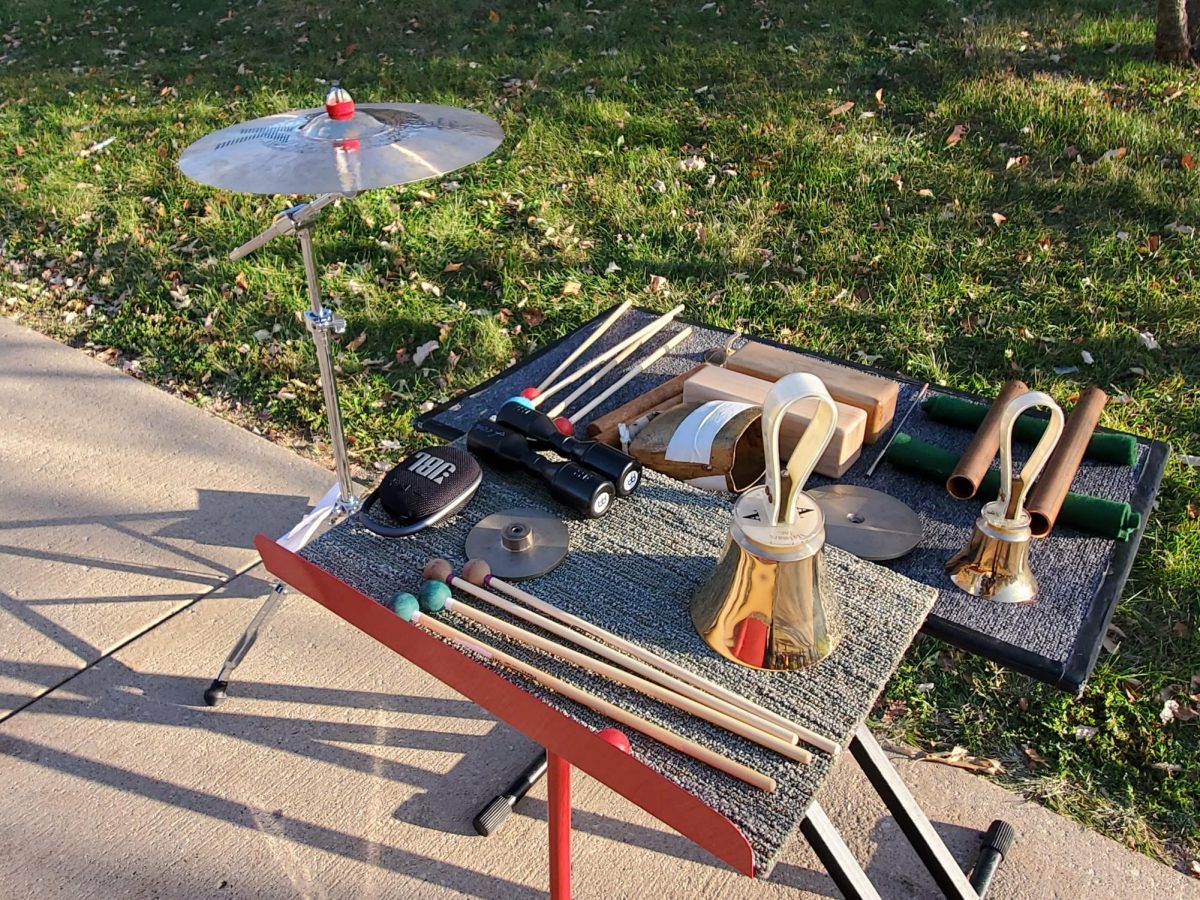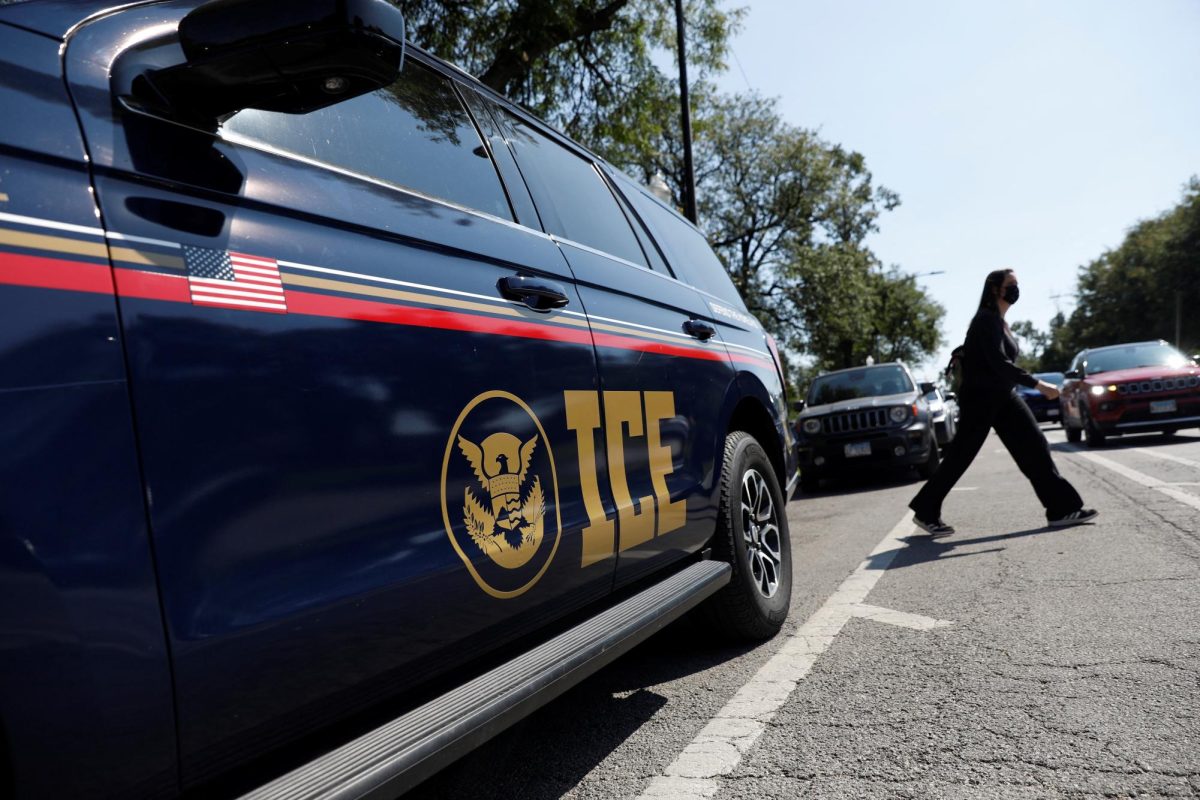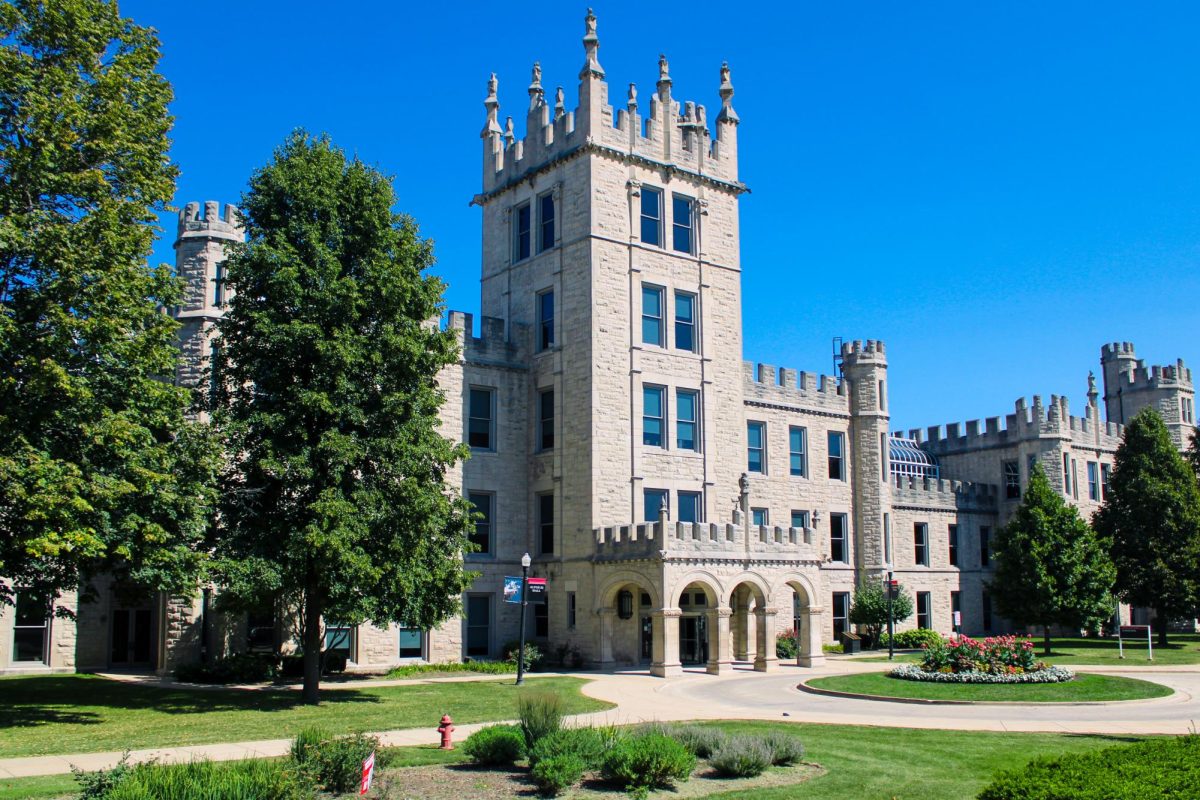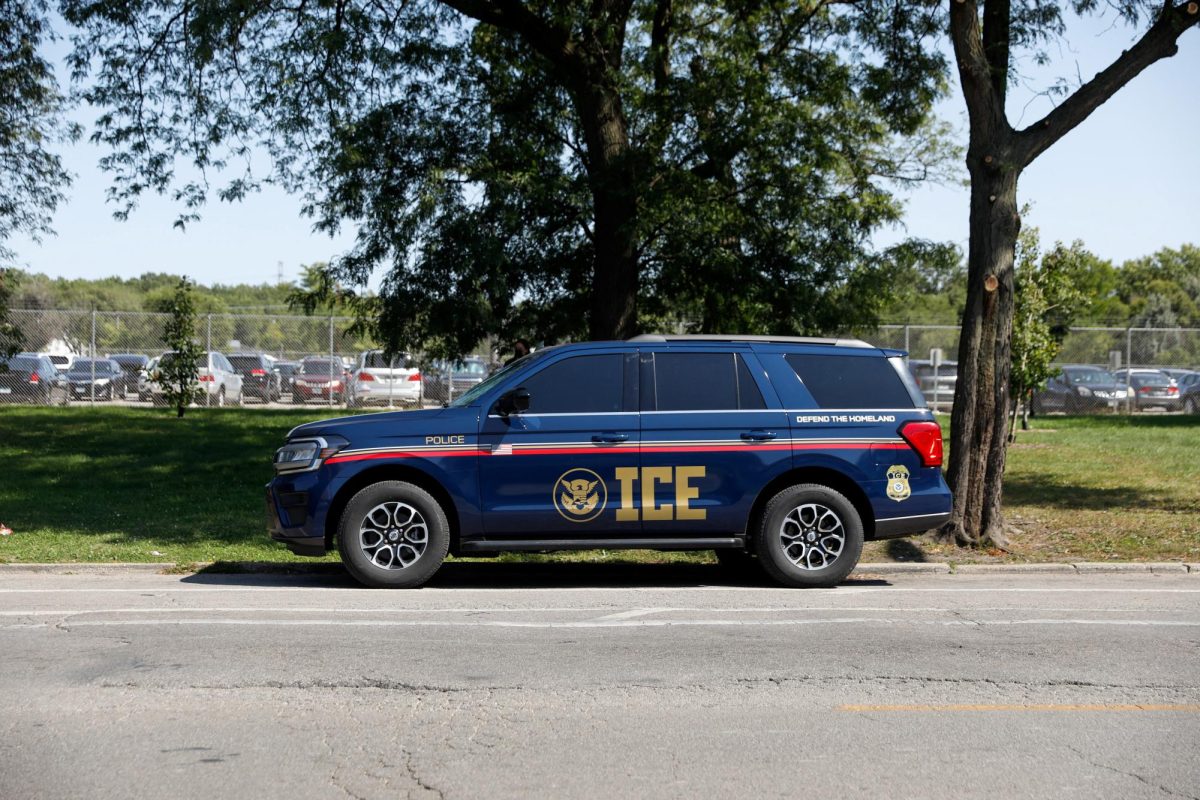DeKALB – As the war in Ukraine drags into its third year, questions remain about how future U.S. leadership could reshape the conflict. President Donald Trump’s past remarks and his long standing relationship with Russian President Vladimir Putin have reignited the debate over where his loyalties lie.
NIU political science professor Michael Clark said Trump’s worldview may be heavily influenced by his admiration for authoritarian strength, particularly toward Ukraine.
“To the extent that Trump views Putin as more reliable and a better partner to work with than Zelenskyy (president of Ukraine), one would expect it to impact negotiations as they unfold,” Clark said. “Trump is, if nothing else, a businessman, and if he thinks that Putin and Russia have more to offer the United States than Zelenskyy and Ukraine, then this could become a factor that determines Ukraine’s future and how the war is ended.”
Clark also pointed to the Trump administration’s stance on Russian claims over occupied Ukrainian territory as one indication of influence.
“The Trump administration seemed to align with Russia’s views with respect to the captured, occupied and illegally annexed Ukrainian territories, and suggest they were really ‘Russian’ territories due to the presence of Russian speakers, and the passage of supporting referendums,” Clark said. “The outcome of these referendums, like the Russian elections, was basically a foregone conclusion which were not mentioned.”
Trump/Zelenskyy Meeting
Tensions between Trump and Ukrainian President Volodymyr Zelenskyy escalated during a meeting in the Oval Office on Feb. 28. According to Clark, the meeting reaching a head may have been a deliberate tactic from Trump to pressure Ukraine and signal flexibility to Russia.
“Assuming it was about negotiation, it could have been a way to extract more compensation from Ukraine… and also to signal to Putin that the Trump administration wasn’t the embodiment of the West that Putin may have assumed,” Clark said. “Even if Trump thought berating Zelenskyy would help him negotiate with Putin, Putin has continued to strike a hard line.”
Mineral Deal
While specifics are still being negotiated, the proposed Ukraine-U.S. Mineral Deal echoes Trump’s emphasis on economic reciprocity in foreign policy.
The proposed Ukraine-U.S. mineral deal would give the U.S. access to a share of the revenue generated from natural key resources such as uranium, titanium, and lithium in exchange for continued financial and military support. This plan also aims to include a joint investment fund to support Ukraine in rebuilding its economy and infrastructure. While the deal is still being negotiated, many U.S. and Ukrainian officials have raised issues about it for many reasons such as the limited transactional gain for the U.S., a severe lack of artillery support for Ukraine and several structural problems within the deal raised by both parties.
“Apparently, there’s a new draft agreement… that Ukraine would contribute revenue generated from state-owned natural resources to a joint U.S.-Ukraine reconstruction investment fund,” Clark said.
Clark expressed that rather than fitting into a broader plan from Russia, he felt this was more reflective of the true nature of the Trump administration’s foreign policy strategies and priorities.
“I think the plan reflects the more transactional nature of foreign policy under the Trump administration… if Ukraine wants U.S. assistance then it needs to find a way to pay for it,” Clark said. “It’s not simply going to pay to defend it because it’s a European democracy.”
Governing Style/Rhetoric
Although Trump and Putin operate in two very different systems, Russia as a centralized authoritarian state and the U.S. as a constitutional republic with separated powers, Clark pointed out significant overlaps in their governing style and rhetoric.
“Trump has been acting unilaterally, testing the boundaries of executive authority…thanks to a lack of checks and balances at this particular time,” Clark said. “I’m sure he appreciates that a leader like Putin has few, if any, obstacles in his way.”
Clark also noted their shared approach to public communications, which often side steps professional norms typically found in politics.
“With regard to rhetoric, Trump is similar to Putin in terms of speaking directly and crafting his own specific narrative of events,” Clark said. “Neither leader takes kindly to being corrected, being proven wrong or having to apologize… Both men like to place the blame for failures elsewhere, deflect or deny.”
Ideological Overlap
Clark also observed ideological common ground, particularly regarding nationalism, historical revisionism and skepticism of global institutions.
“Both men make use of nationalistic appeals when they talk to the public, and they have both embodied themselves as their country,” Clark said. “Trump has also shown that he is not a fan of international institutions, which he sees as leaving the U.S. at a disadvantage”
Clark also noted Trump and Putin’s aligned stances on religion, gender and the media.
“Trump has been keen to emphasize religiosity as part of the American way of life, and has signed an executive order stating that the federal government will only recognize two sexes – male and female,” Clark said. “Putin’s constitutional reforms included a reference that only men and women have the right to marry, along with a proclamation of Russians’ faith in God.”
Portrait Commission
In a gesture that caught international attention, Putin recently commissioned a portrait of Trump, which some saw as more than diplomatic flattery. According to Clark, the portrait may reflect a deeper relationship between the two presidents and suggest how it could influence future negotiations.
“Putin recently commissioned a portrait for Trump,” Clark said. “So, there’s perhaps more of a connection between the two leaders than there is between Trump and Zelenskyy and that could certainly influence the outcome of any negotiations.”
Whatever unfolds next in the Ukraine conflict, the relationship between Trump and Putin remains a factor that will have an impact.


